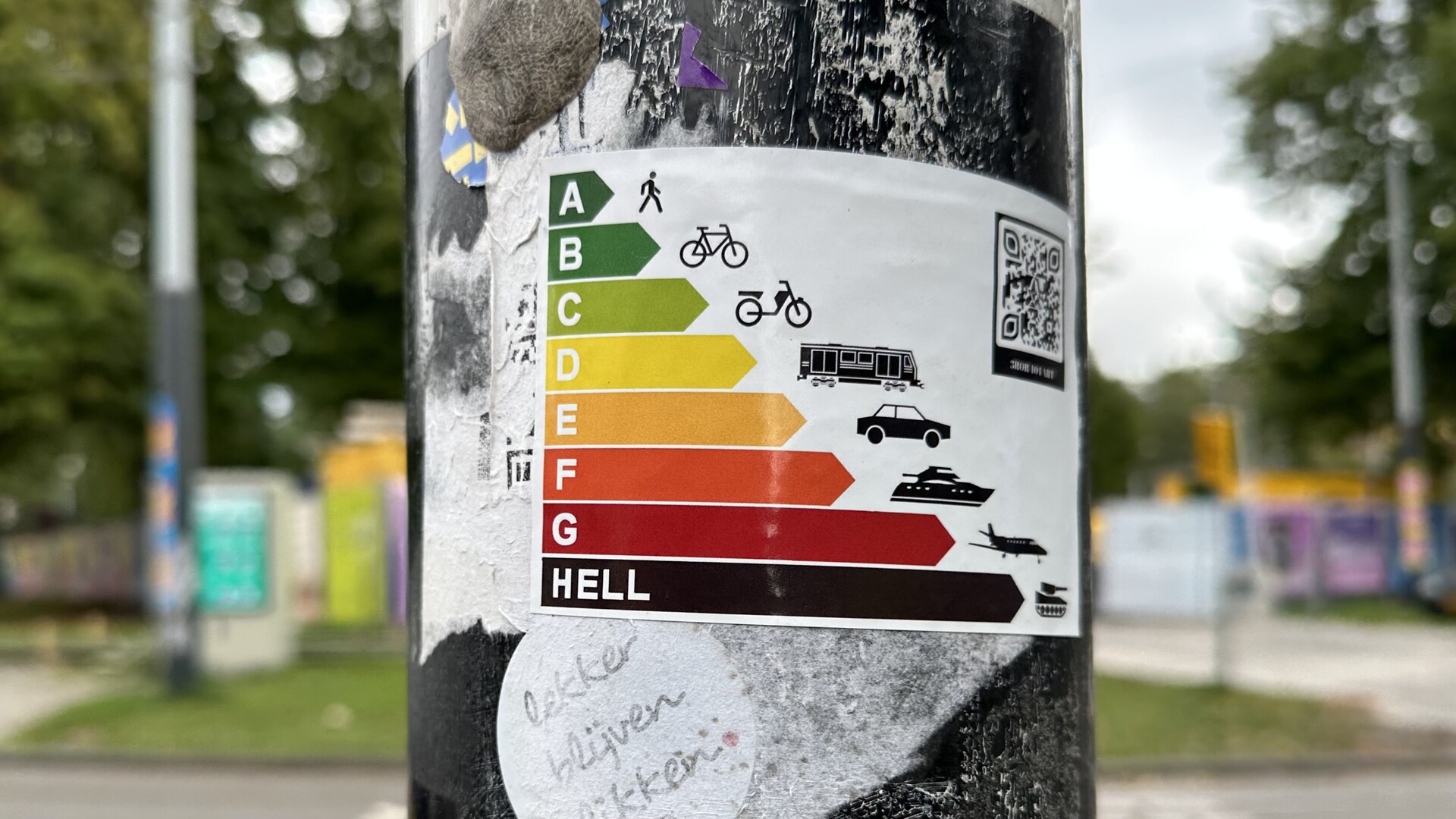view the rest of the comments
Fuck Cars
A place to discuss problems of car centric infrastructure or how it hurts us all. Let's explore the bad world of Cars!
Rules
1. Be Civil
You may not agree on ideas, but please do not be needlessly rude or insulting to other people in this community.
2. No hate speech
Don't discriminate or disparage people on the basis of sex, gender, race, ethnicity, nationality, religion, or sexuality.
3. Don't harass people
Don't follow people you disagree with into multiple threads or into PMs to insult, disparage, or otherwise attack them. And certainly don't doxx any non-public figures.
4. Stay on topic
This community is about cars, their externalities in society, car-dependency, and solutions to these.
5. No reposts
Do not repost content that has already been posted in this community.
Moderator discretion will be used to judge reports with regard to the above rules.
Posting Guidelines
In the absence of a flair system on lemmy yet, let’s try to make it easier to scan through posts by type in here by using tags:
- [meta] for discussions/suggestions about this community itself
- [article] for news articles
- [blog] for any blog-style content
- [video] for video resources
- [academic] for academic studies and sources
- [discussion] for text post questions, rants, and/or discussions
- [meme] for memes
- [image] for any non-meme images
- [misc] for anything that doesn’t fall cleanly into any of the other categories

The bike's production has a non-zero carbon footprint. A very small footprint, but one that is there nonetheless. The carbon footprint of walking is negligible in comparison.
Shoe production has a non-zero carbon footprint, especially with the vast majority of shoes being a "single use" product (i.e. not resoleable) and with a very limited amount of miles
I'm surprised by how fast I wear holes in my shoes from walking.
Not all shoes are so limited, you can buy shoes that have plenty of lifespan such as Brooks running shoes. I’ve put hundreds of miles on mine and they’re still in good shape. That being said with planned obsolescence and cheap manufacturing for fast turnover being prioritized, we end up with less reliable shoes.
That's why I wrote "the vast majority"??
And hundreds of miles, before you throw away a pair of shoes, my... Look, that might mean much to a Northern American who drives everywhere.
"Hundreds of miles" is what I actually run each year, and then I get lots of hiking and just walking around on top of that. I guess I can measure my Redwings and Hanwag in tens of thousands kilometers each, and my Lundhags I could pass down if I had kids.
I’m not sure I was disagreeing with you in the previous statement. I haven’t thrown my shoes I’ve only put hundreds of miles on yet.
My point is that it isn’t exactly easy to find good shoes unless you invest a lot of money into them, especially in North America since we’re specifying locales. Most stores, even specialty stores, don’t carry custom-made or handmade shoes that are re-soleable. You could blame that on car-dependency, but it’s more likely due to an overall lack of understanding why one would need shoes that last much longer. People spend their money on cheaper, shorter-life shoes because they don’t have that much money to begin with.
Then don't repeat things I explicitly mentioned, as if I said something else?
Also get better examples. Brooks break down as easy as Asics, Saucony, whatever. They are exactly the "single use" product I spoke about, making the shoe and clothing industry in general highly non carbon neutral, which was my point.
Yes, it's called the Sam Vimes "Boots" theory of socioeconomic unfairness.
I don't blame that on anything but capitalism.
Hundreds of miles? I've walked/run hundreds of miles on my ~$10usd shoes and they're still holding together. I would expect a expensive pair to manage thousands or ten-thousands of miles.
You have also probably done irreparable damage to your feet, ankles and knees with those $10 shoes that will become apparent as you age.
Dont.Buy.Cheap.Shoes.
Idk man, some people wear high heels. $10 shoes can't be worse than that.
Considering the energy efficiency of cycling being much higher than walking, it more than makes up for it.
Debatable, and largely depends on a person's diet and some other factors like how much travel is getting done. If someone is fueling their biking (or walking) by flying in beef from the other side of the world, I think it is pretty safe to say that their carbon footprint is worse than a typical gas car, (because air travel and beef are just that bad) or if not that at least an electric car from renewables and ethically sourced materials. For everything else in between, we'd just be speculating and we'd have to factor in source and type of car fuel, and the source and type of additional food consumed by a cyclist where that "additional food" line lies exactly.
Controlling for diet, distance and purpose of travel, I think cycling virtually always wins over walking.
this is true, although they all round down to 0 when compared to car travel so past a certain point we don't have to worry about it